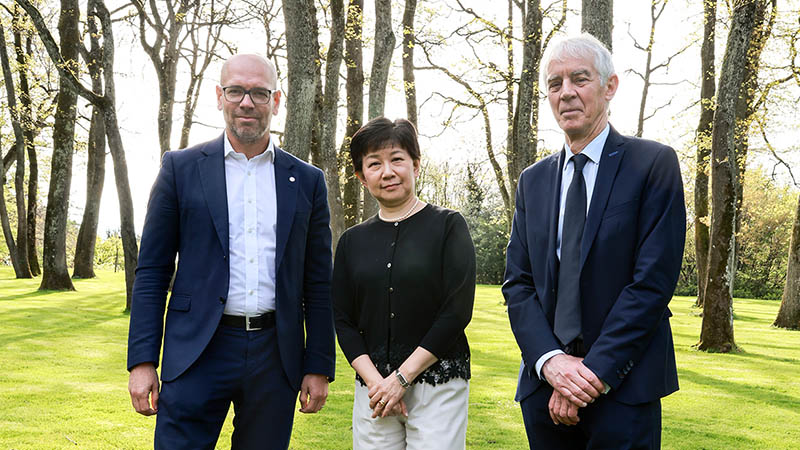The United Nations Institute for Disarmament Research (UNIDIR), l’École polytechnique fédérale de Lausanne (EPFL), the Geneva Graduate Institute and the Geneva Peacebuilding Platform have announced the launch of the PeaceTech Alliance. It will enable collaboration on a range of Peace-to-Tech and Tech-to-Peace initiatives to contribute to the global peace agenda.
PeaceTech aims to leverage technology to drive peace while also developing strategies to prevent technology from being used to enable violence. The PeaceTech Alliance will contribute to knowledge-building in the field, with a view to tangible and impactful systemic change at scale. Initiatives will explore the role of science and technology in all processes around peace and how peace studies should influence science and technology.
“The dramatic confluence of crises we face today makes it more important than ever that we develop innovative ways of improving global security and advancing towards peace,” said UNIDIR Director Robin Geiss.
“We at UNIDIR are delighted to be able to contribute our expertise in frontier areas like artificial intelligence, space security and cybersecurity, but also on the links between cutting-edge technologies and persistent threats from conventional and nuclear weapons. The pooling of our strengths with those of our PeaceTech Alliance partners can help to drive real progress towards a more stable, more secure world.”
“The technological turn is creating unprecedented transformations in our societies, polities, economies, and even in our individual and collective identities. It is essential that responsible technologies be developed by design and incorporate principles of human rights, sustainability, and peacebuilding. This Alliance is an important path forward in that direction,” said Marie-Laure Salles, Director of the Geneva Graduate Institute.
